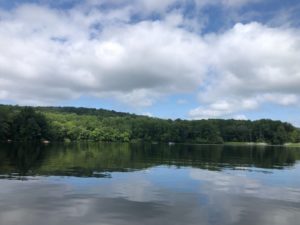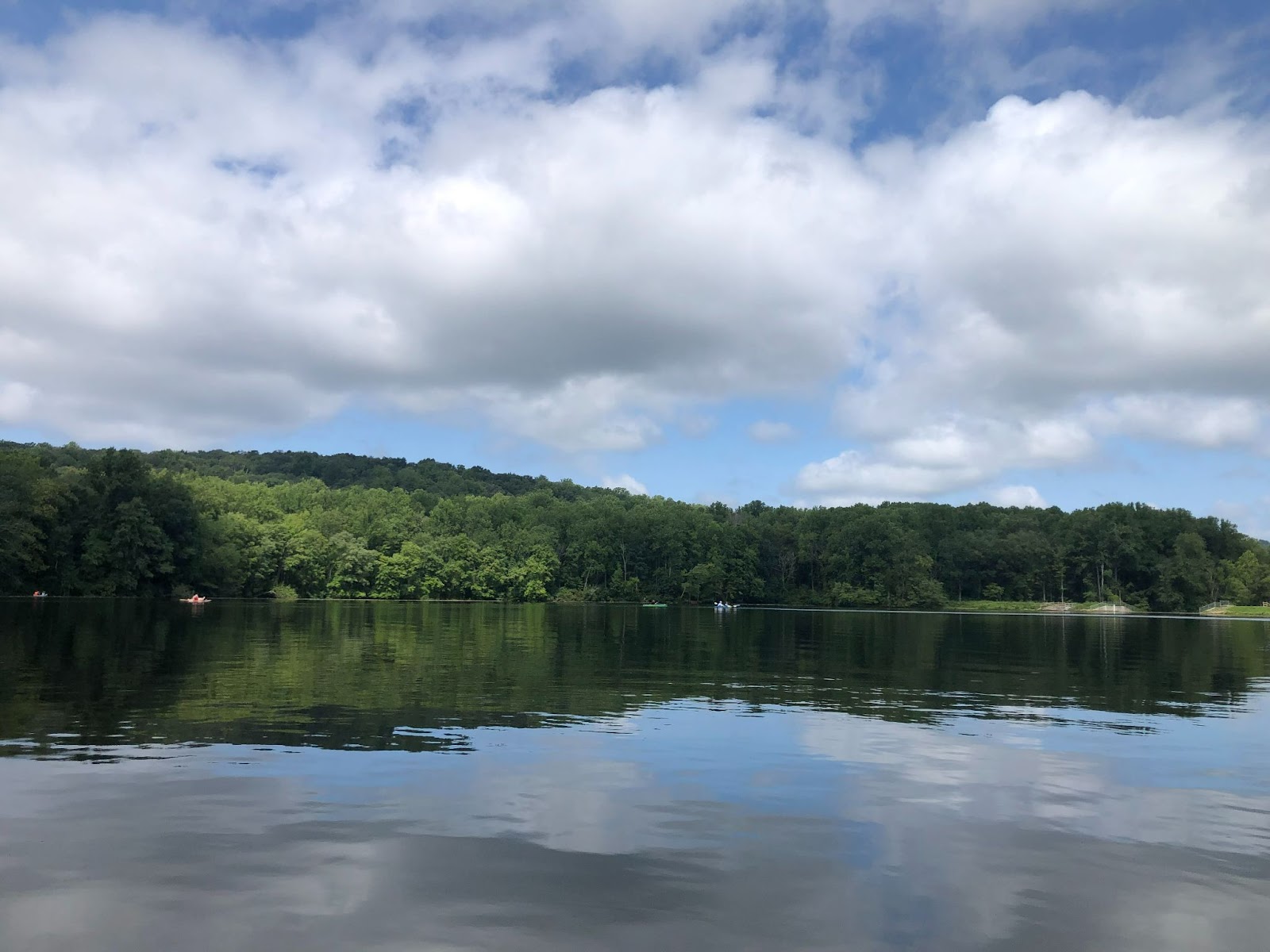
Philadelphia, PA (September 16, 2022) Today, the United States Court of Appeals for the Third Circuit issued a decision affirming that Pennsylvania state legislators and municipalities lacked standing to challenge the Delaware River Basin Commission’s (“DRBC”) regulation banning fracking within the Basin. Additionally, the Court rejected arguments that the trust created by Article I, Section 27 of the Pennsylvania Constitution (the “Environmental Rights Amendment” or “ERA”) was injured by the fracking ban. In rejecting this argument, the Court explicitly relied on a joint amicus brief from Clean Air Council, PennFuture, and Widener University Commonwealth Law School.
In February 2021, the DRBC banned high-volume hydraulic fracturing (commonly known as “fracking”) within the Delaware River Basin. The ban reflected the Commission’s determination that fracking “poses significant, immediate and long-term risks to the development, conservation, utilization, management, and preservation of the [Basin’s] water resources.” The Plaintiffs—two Pennsylvania state senators, the Pennsylvania Senate Republican Caucus, and several Pennsylvania municipalities—then filed a lawsuit in federal district court challenging the ban. After the District Court dismissed the suit for lack of standing, the plaintiffs appealed to the Third Circuit and raised an argument that they had standing under the ERA.
The Third Circuit, citing Clean Air Council and its partners’ amicus brief, held that the legislative plaintiffs’ ERA argument “fundamentally misunderstands the ERA and would turn it ‘upside down’ if accepted.” The Court further held that the plaintiffs’ ERA argument “ignores the explicit purpose of the ERA and mistakes the unique public trust it created for a run-of-the-mill financial trust in which the trustees have a duty to maximize profits.” The Court concluded that the fracking ban “promotes the purposes of the trust and protects its corpus by preventing Pennsylvania’s natural gas reserves, part of the Commonwealth’s ‘public natural resources,’ from being depleted.”
Joseph Otis Minott, Esq., Executive Director and Chief Counsel of Clean Air Council, issued the following statement:
“We are thrilled that the Third Circuit recognized and re-affirmed what the Pennsylvania Supreme Court has already held in no uncertain terms: The state government is constitutionally obligated to protect our public natural resources by conserving and maintaining them for present and future generations, not by extracting and ‘maximizing’ the economic value of those resources. We are hopeful that this will deter future actions by Pennsylvania state and local public officials who would seek to consume, deplete, and monetize our natural resources, rather than uphold their sworn constitutional duty to conserve and maintain them.”

